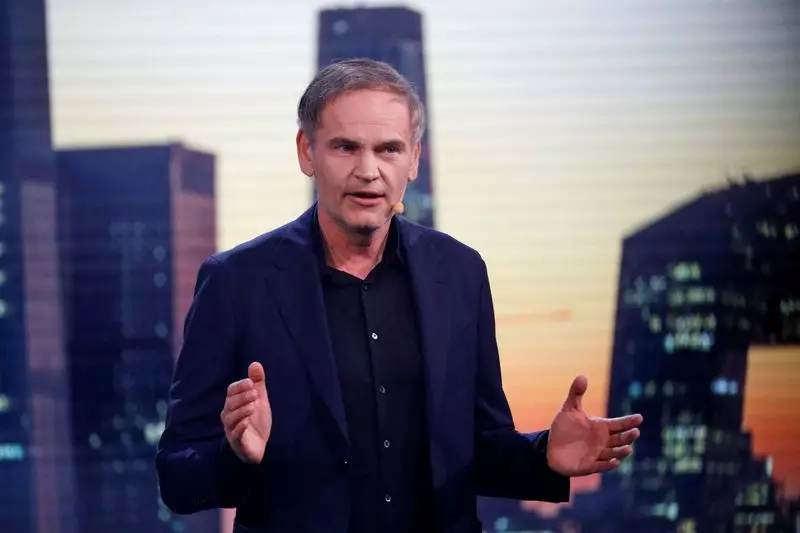The ongoing trade disputes between Europe and China present significant challenges for various industries, especially the automotive sector. With the European Union (EU) set to impose new tariffs on electric vehicles (EVs) produced in China, differing opinions are emerging about the best approach to balance local investment and fair competition. Oliver Blume, the CEO of Volkswagen, has made headlines by urging the EU to reconsider these tariffs, suggesting a strategy that emphasizes collaboration rather than punitive measures.
In an exclusive interview with Bild am Sonntag, Blume argued against the upcoming tariff imposition of up to 45% on Chinese-made EVs. He believes that the EU should take into account companies that invest in local markets and create jobs within Europe. According to Blume, instead of an outright punitive tariff strategy, a framework that acknowledges investment contributions and encourages local partnerships would be more beneficial. This idea of mutual credit for investments transcends traditional notions of tariffs, advocating for economic synergy rather than division.
Despite Blume’s recommendations, the EU is steadfast in its decision to proceed with the planned tariffs. This issue has sparked considerable debate, particularly within Germany—the bloc’s largest economy. It highlights a rift among member states regarding trade policies and their impacts on local industries. The European Commission contends that these proposed tariffs are a necessary response to what it perceives as unfair Chinese subsidies to their EV manufacturers. This critical trade decision reflects a decade-long relationship gradually marred by disputes over equity and market access.
One of the significant concerns raised by Blume is the risk of retaliatory tariffs from China in response to the EU’s actions. Such countermeasures could have far-reaching consequences for European carmakers, potentially leading to increased costs and reduced market access in China, a crucial market for many European automakers. This risk underscores the complexities involved in international trade agreements and the delicate balance that must be maintained to sustain beneficial relationships.
As the EU moves forward with its tariff strategies, the automotive industry is left to navigate a rapidly evolving landscape filled with both opportunity and risk. Blume’s call for a more nuanced approach that emphasizes investment and local collaboration offers an alternative perspective to the ongoing trade tensions. Whether the EU will heed this advice or maintain its course remains to be seen, but one thing is clear: the outcome will significantly shape the future of the automotive market in Europe and beyond, as stakeholders grapple with the implications of this pivotal trade relationship.

